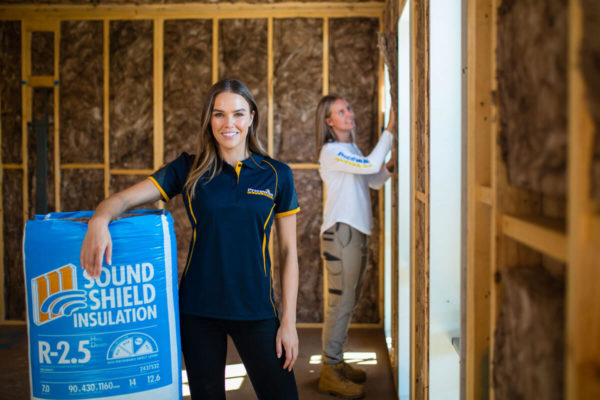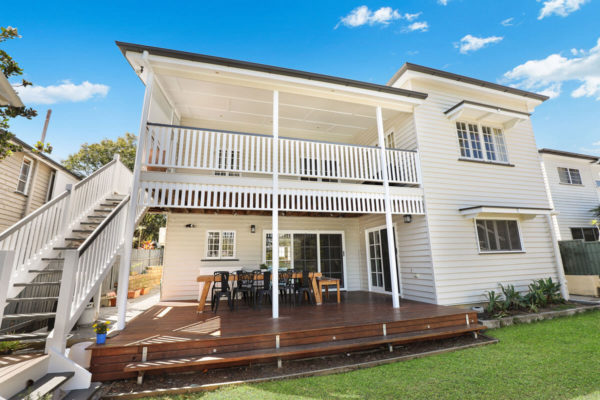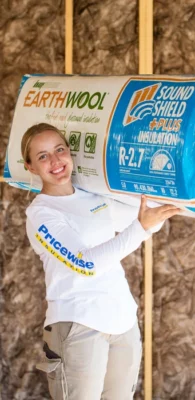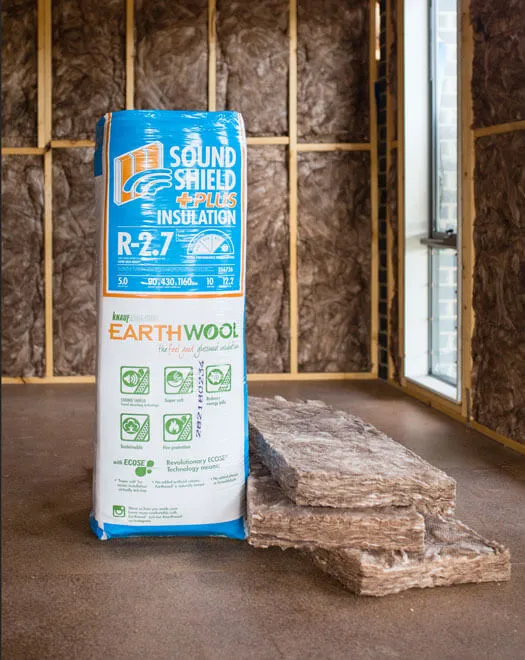Installing thermal insulation into your home offers both immediate and long-term benefits. The most common insulation materials are Glasswool, Polyester, and Rockwool. Although these products are different, they are all thermal insulation materials and can greatly improve the comfort of your home. The most important to consider before you install insulation is the R-value you would like to be installed. So, the higher the R-value the greater the performance of that thermal insulation.
1. Big Energy Savings
Save on energy bills by installing thermal insulation into your internal and external walls, underfloor and ceiling area. Although the initial cost of installing insulation may not be cheap, thermal insulation can pay itself of within a few years. If you have an existing home which already has insulation it is worth inspecting the thermal insulation, for example your ceiling cavity or underfloor area. If insulation has gaps or holes, it is worth topping up your thermal insulation in these areas to increase its R-value increase overall energy savings of your home!
2. Reduced Energy Usage
Installing thermal insulation in your home can significantly reduce summer heat gains and winter heat losses and cut your energy bills by up to half. Insulating your home is the fastest and most effective way to reducing energy usage in your home. The best time to insulate your home with thermal insulation is during the constructions phase or during a major renovation project. There are ways to retrofit your home with thermal insulation, however it is a little more difficult and most often a professional will need to assist in the installation process.
3. Environmentally friendly
By installing thermal insulation into your home, you are reducing your consumption and dependence of coal and natural gas. In turn, this will reduce the emission of carbon dioxide (CO2), sulfur dioxide (SO2) and other harmful greenhouse gases, this reduces the effects of these chemicals on our ozone layer. Installing thermal insulation material can significantly reduce your energy usage and prevent global warming and climate change. The other good news is that many manufacturers produce eco-friendly thermal insulation material!

4. Acoustic benefits
Both thermal and acoustic insulation have thermal resistance qualities. The difference between the products is that acoustic insulation is much denser, this is what gives the insulation its acoustic benefits and soundproofing qualities. High density insulation designed to absorb and deflect noise transfer within your home and from outside noise sources. Soundproofing insulation can be installed in external and internal walls and the mid-floor in multi-storey dwellings. In can create quiet zones within your home and maintain stable indoor temperatures.
5. Fire resistance and Fire protection
The most common insulating material used specifically for fire resistance is Rockwool. In the event of a fire, non-combustible insulation stops the fire developing by slowing down the spread of flame. Additionally, Rockwool thermal insulation does not produce dangerous toxic smoke, this is significant as more people are harmed by smoke inhalation than the actual flames. Rockwool insulation also has exceptional thermal and acoustic properties making it a great all-rounder home thermal insulation product.
6. Prevents moisture condensations
Adding insulation prevents heat gains and heat losses and maintains temperatures at a stable temperature. This will keep the surface above dew point which will prevent condensation from occurring. Installing exterior thermal insulation, warms the internal surfaces of the wall, thereby reducing and even eliminating condensation formation. Although air barriers and vapour control wall wraps can reduce the quantity and occurrence of condensation, insulation works to maintain wall temperatures and eliminate the risk of condensation formation.
7. Maintains comfortable indoor temperatures
Choosing to insulate your home is the first step you should take in creating a comfortable and peaceful home that you can relax in. Insulating your walls can reduce winter heat looses and summer heat gains by up to 25%. Installing thermal insulation creates stable indoor temperatures which in turn reduces the need to use heating and cooling units as often as previously.
8. Reduced reliance on aircon and heating units
Insulating your home with thermal insulation can reduce you heating and cooling costs by up to 50%. As insulation prevents unwanted heat loss and heat gains your house will stay at comfortable stable temperature all year round. Essentially it will keep your house warm like a thermos in winter and cool like an esky in summer. Thermal insulation can pay itself off in under three years, so make the investment today!

9. Improve the value of your home
Having an energy efficient home can be a great selling point for your house. It is a growing trend in the real estate market with buyers looking for energy efficient homes which have features such as thermal insulation, solar panels, double glazed windows, and energy efficient hot water systems. An energy efficient home is more comfortable to live and will save you more on your energy bills.
10. Long lifetime warranty
Insulation is designed to be durable and long lasting. That is why the big insulation brands have longer warranties on their insulation products. For example; Knauf Earthwool has a 50-year warranty, CSR Bradford has a 70 year warranty and Fletcher Pink Batts is backed by a homeowner lifetime warranty. Make sure you check the warranty of your specific insulation product as warranties may differ between products. Additionally, if you are installing insulation ensure it is done correctly with no gaps as this can compromise the performance of your insulation.





